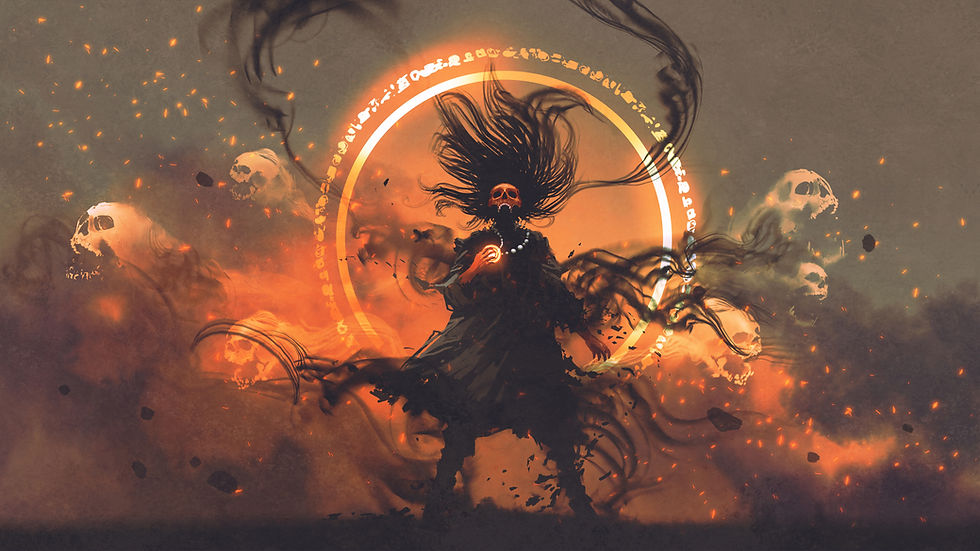Integrating the Good, Bad and the Ugly
- Kimberly Ruggiero

- Dec 8, 2020
- 2 min read
Last week we explored unconditional love as the path to awakening. But how do you love the parts of yourself and others that you find intolerable?

“There is in every one of us, even those who seem to be most moderate, a type of desire that is terrible, wild, and lawless.” –Plato
The “dual nature of man” is an idea that fascinated Robert Louis Stevenson, the author of The Strange Case of Dr. Jekyll and Mr. Hyde. His novella written in 1886, depicts (in an extreme way) the duality of human nature.Psychologist Carl Jung proposed that at a young age, as we begin to develop a conscious ego and sense of self, two interdependent psychological systems emerge; the persona and the shadow. The affable Dr. Jekyll represents the persona while Dr. Hyde portrays the shadow or animalistic part in the same individual. Duality and disharmony are created when we identify with the persona and turn against the shadow.
Growing up in a chaotic environment, I learned to repress strong, negative emotions as a way to control what was out of control and to keep the peace. Over time, not being allowed to express anger resulted in a crippling need to please and an overwhelming sense of unworthiness. My persona of “nice” and the unwanted shadow feelings of “fear and anger” kept me disconnected from myself and inauthentic with others.
Several years ago, my culminating project for the Consciousness Studies program was an autoethnography into the shadow part of my personality. Through meditation, art and writing I explored and documented the “terrible, wild, and lawless” in me. Bringing awareness to my own dual nature without judgement has been incredibly difficult but slowly has allowed a more authentic and whole person to emerge.
Like reorganizing an old junk drawer by dumping it on the counter, practicing mindfulness opens space for the unconscious “unwanted” parts of our personality to come into awareness where they can be processed and integrated. Harmony replaces dissonance as we surrender to the dark-light or yin-yang energy within and learn to identify with the larger self (awareness) that has the capacity to observe and integrate it all.
In other words, I don't turn on myself or others for what is human nature, I practice becoming aware of my darkness and staying present as it arises so I can be at choice with my response. I can express anger in a loving way without pretending it's not there or turning against myself for having it. Staying present with what is takes it out of the shadow and mitigates the suffering of resisting reality. As Jung says, “The unconscious is unfavorable or dangerous only because we are not at one with it and therefore in opposition to it.”
Attending and befriending the shadow in ourselves and others is counterintuitive but ultimately sets us free.
“Unless we do conscious work on it, the shadow is almost always projected: that is, it is neatly laid on someone or something else so we do not have to take responsibility for it.” Robert Johnson







Comments